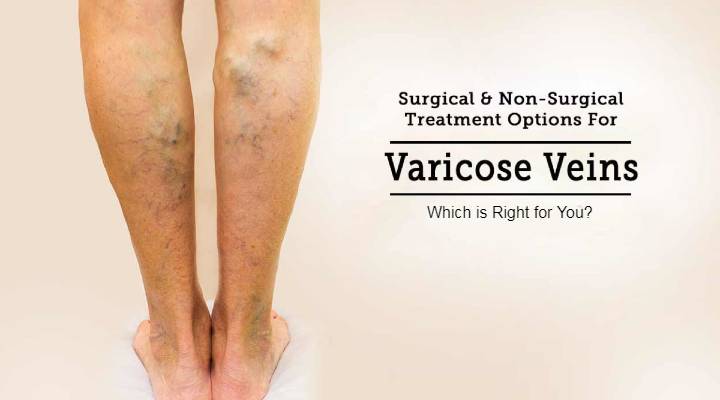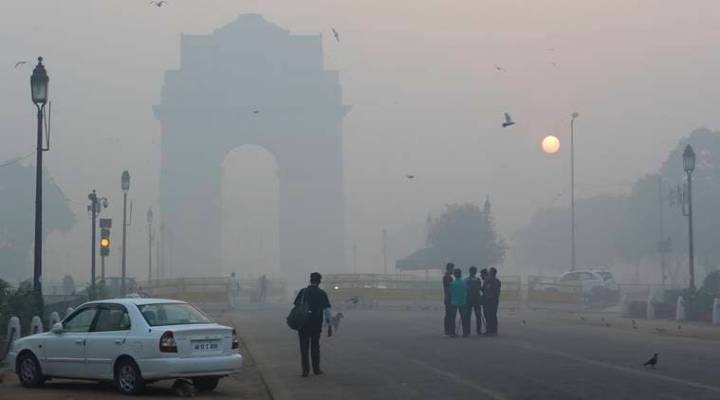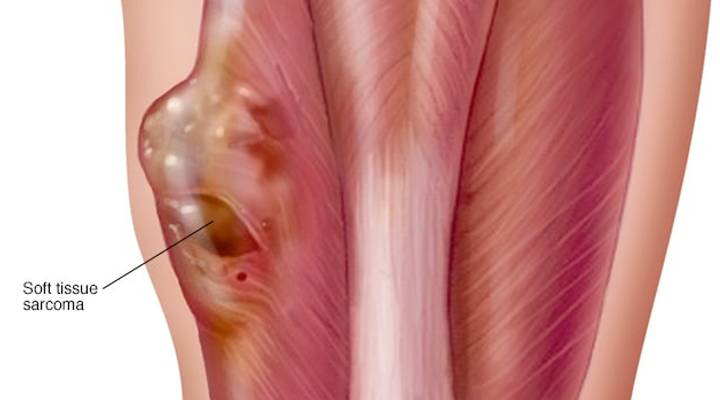Varicose Vein Surgery vs. Non-Surgical Treatments: Which is Right for You?

Varicose veins are a common condition that affects millions of people around the world. These enlarged, twisted veins often appear on the legs and can cause discomfort, pain, and cosmetic concerns. When considering treatment options for varicose veins, one crucial factor often comes to mind is the varicose vein surgery cost; however, it should not be. There are several factors like size, location and severity of the condition that needs to be taken into account when choosing the right treatment option. If you’re considering treatment for varicose veins and wondering whether to opt for surgery or explore non-surgical options, continue reading! This article will compare varicose vein surgery with non-surgical treatments, helping you decide which option is right.
Non-Surgical Treatments:
Compression Stockings:
Compression stockings are a commonly recommended non-surgical treatment for varicose veins. These specialised stockings provide graduated pressure, helping to improve blood flow and reduce swelling. While compression stockings do not eliminate varicose veins entirely, they can alleviate symptoms and slow down the condition’s progression.
Lifestyle Changes:
In some cases, making certain lifestyle modifications can be beneficial in managing varicose veins. Regular exercise, maintaining a healthy weight, avoiding prolonged sitting or standing, and elevating the legs can all help improve circulation and reduce discomfort.
Sclerotherapy:
Sclerotherapy is a non-surgical treatment that involves injecting a solution directly into the affected veins. This solution causes the veins to scar and collapse, eventually fading away. Sclerotherapy is commonly used for smaller varicose and spider veins, and multiple sessions may be required for optimal results.
Varicose Vein Surgery:
Endovenous Laser Ablation:
Endovenous laser ablation (EVLA) is a minimally invasive surgical procedure that utilises laser energy to seal off the affected veins. This treatment is performed under local anesthesia and has a high success rate in treating varicose veins. EVLA is particularly effective for larger veins and can provide long-term relief from symptoms.
Ambulatory Phlebectomy:
Ambulatory phlebectomy is another surgical option for varicose vein treatment. In this procedure, small incisions are made to remove the affected veins. Ambulatory phlebectomy is often recommended for visible varicose veins close to the skin’s surface. It is performed outpatient, and recovery time is generally short.
High Ligation and Vein Stripping:
High ligation and vein stripping is a traditional surgical technique that involves tying off the affected vein and removing it through small incisions. This procedure is typically ideal for more severe cases of varicose veins and is performed under general or regional anaesthesia. While effective, high ligation and vein stripping may involve a longer recovery period compared to other surgical options.
Choosing the Right Treatment:
The choice between varicose vein surgery and non-surgical treatments depends on various factors. Considerations include the severity of your condition, the size and location of the affected veins, your overall health, and your personal preferences. It is important to consult with a qualified vascular specialist who can evaluate your specific situation and recommend the most suitable treatment option.
Cost Considerations:
When considering varicose vein treatment, the cost can be a significant factor. Non-surgical treatments such as compression stockings and lifestyle changes are generally more affordable. On the other hand, surgical procedures like endovenous laser ablation and ambulatory phlebectomy may have a higher upfront cost but can provide long-term relief. It is essential to discuss the costs and potential insurance coverage with your healthcare provider.
In conclusion, non-surgical treatments like compression stockings, lifestyle changes, and sclerotherapy can effectively manage symptoms and slow down the progression of varicose veins. However, surgical options like endovenous laser ablation or ambulatory phlebectomy may be recommended if your condition is more severe or if you desire a more permanent solution. Don’t let concerns about varicose vein surgery cost hinder you from exploring all available options for treating this common condition. Whether you choose varicose vein surgery or non-surgical treatments, prioritising your health and seeking appropriate care is essential.







